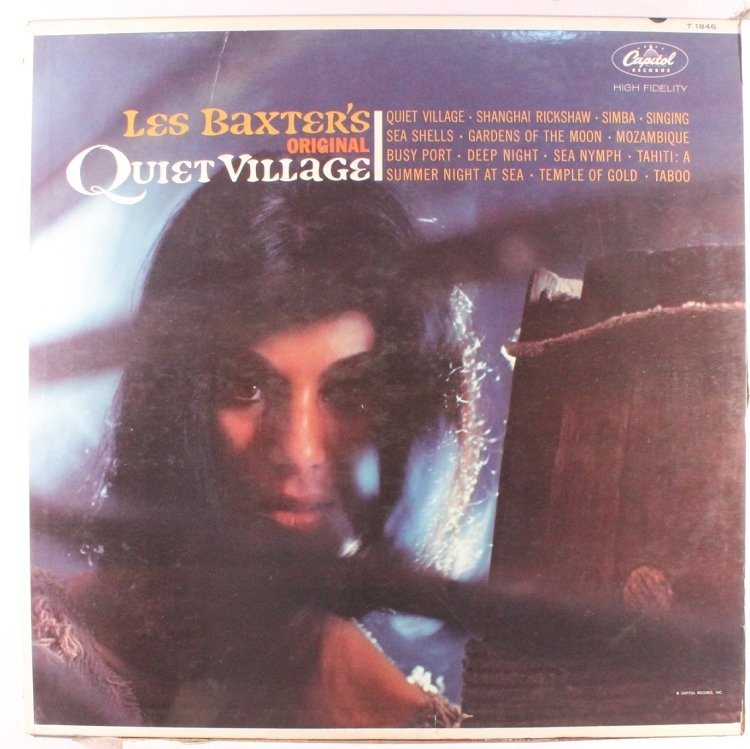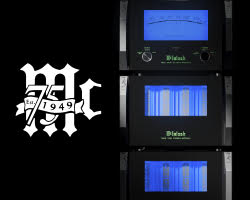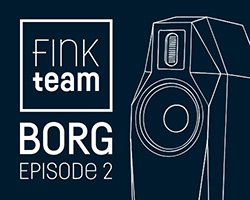John Scott looks at the classic album The Kinks Are The Village Green Preservation Society by The Kinks as part of the ongoing Classic Album series.
“The Kinks was chosen as a name by the band’s manager Larry Page because it was slightly outrageous in the pre-swinging Sixties.”
Along with The Beatles, The Rolling Stones and The Who, The Kinks were one of the most important British groups of the early to mid Sixties. These bands spearheaded the “British Invasion”; bringing rock and roll and blues-based pop music back to America filtered by the the sensibilities of largely white, middle-class, art school educated young men. 
The Kinks were formed in the Muswell Hill suburb of London by brothers Ray and Dave Davies in 1963. Coming from a music loving family, the brothers absorbed music hall influences from their parents and jazz and rock and roll from their older sisters.
Following early incarnations in school band lineups and a brief stint at art college by Ray Davies, the band settled on a line up of Ray Davies on guitar and lead vocals, Dave Davies on lead guitar, Pete Qualf on bass and Mick Avory on drums. The Kinks was chosen as a name by the band’s manager Larry Page because it was slightly outrageous in the pre-swinging Sixties. Ray Davies is on record as saying that he never liked the name and the band were apparently dismayed at the thought of being described as “kinky”.
Early singles You Really Got Me and All Day And All Of The Night were hard driving riff-based songs taking their inspiration from American garage rock and have come to be regarded as as an influence on the hard rock and heavy metal styles that would emerge later in the decade. Ray Davies would, however, soon reveal a more melodic, observational style of songwriting which would give birth to classics such as Dedicated Follower Of Fashion, Sunny Afternoon and Waterloo Sunset and would gain him a reputation as one of our finest songwriters.
By 1968, the idea of the rock concept album had been well established thanks to works such as The Who’s Tommy and The Beatles Sgt Pepper. During the recording of the band’s previous album Something Else, Davies had began to think about a series of songs centred around a village green and the characters of the village. While the album would have no overarching storyline and so would not be a concept album in the same way that Tommy had been, the thematic link of village life would draw the songs together. 
Recorded during 1968 the album, eventually titled The Kinks Are The Village Green Preservation Society was released on 22 November, the same day as The Beatles “White Album”. Looking back from the distance of the 21st Century it seems clear that in writing the album Davies was marking the passing of a way of life – the ending of rural England as modern life took over. This seemed to go largely unnoticed by both the critics and the public at the time. One reviewer lambasted Davies for being a poor copy of The Beatles. The album was not well received either here or in America, its overt nostalgia and Englishness being at odds with the psychedelic, forward-looking fashions of the time. Davies, having gently mocked the Dedicated Follower Of Fashion was now wilfully out of step.
Opening track, The Village Green Preservation Society lists aspects of rural life and English institutions while at the same time having a sly dig at their increasing quaintness. “God save, Donald Duck, vaudeville and variety” goes the opening verse; the use of the American vaudeville rather than English music hall which would have scanned equally well perhaps indicates that Davies was pitching the album at the American market. “We are the Office Block Persecution Affinity”, the song continues “God save little shops, China cups and virginity”.
Having set up the aims of “Preserving the old ways from being abused, protecting the new ways for me and for you” Davies goes on to explore the nature of change through a variety of characters and situations. Do You Remember Walter? Recalls a time when “the world was young and all the girls remembered Walter’s name” tacitly suggesting that they no longer do so. Childhood plans and dreams come to nothing and as Davies notes: “People change but memories stay the same”.
Looking back at the past is also the theme of Picture Book, Davies bringing life to old photos in an album. The Last Of The Steam-Powered Trains mourns the passing of an old technology, the obsolescence of what had once been state of the art world-changing technology being consigned to museum pieces. Along with the inevitability of change, Davies also uses the album to explore ideas of escape. In Animal Farm he dreams of escaping to his animal home. “This was just me thing that everyone else is mad and we are all animals anyway, which is really the idea of the whole album”. Village Green, the first track to be recorded for the album, sees Davies escape the village to seek fame and fortune only to miss his girlfriend Daisy. He returns to the village only to find that everything has changed and that Daisy has married Tom, the village grocer. Interestingly, Patrick McGoohan had also made escape from a village the theme of his cult TV series The Prisoner which had aired the year before.
If all this talk of change and escape makes The Kinks Are The Village Green Preservation Society seem a bit dull, it is, you will be glad to hear, anything but. Musically, the tracks brim with optimism, joy and defiance. In choosing not to tether himself to prevailing musical fashions, Davies created an album that has become timeless, sounding as fresh, vital and relevant today as it did on release – small shops, china cups and virginity are still under threat, just as Davies surely knew they would be.
Despite its lukewarm critical reception, the album is now rightly regarded as a classic piece of progressive (not in a Prog sense), intelligent pop music social commentary. Ray Davies would continue to construct themed albums to various levels of success – approach Schoolboys In Disgrace with caution – but The Kinks Are The Village Green Preservation Society may well become to be regarded as his masterpiece.
VITAL INFORMATION
Released – 22 November 1968
Recorded – November 1966 – October 1968 at Pye Studios, London
Genre – Rock
Length – 38’ 47”
Label – Pye UK, Reprise US
Producer – Ray Davies
TRACK LISTING
SIDE 1
1. The Village Green Preservation Society 2:45
2. Do You Remember Walter 2:23
3. Picture Book 2:34
4. Johnny Thunder 2:28
5. The Last Of The Steam Powered Trains 4:03
6. Big Sky 2:49
7. Sitting By The Riverside 2:21
SIDE 2
1. Animal Farm 2:57
2. Village Green 2:08
3. Starstruck 2:18
4. Phenominal Cat 2:34
5. All My Friends Were There 2:23
6. Wicked Annabella 2:40
7. Monica 2:13
8. People Take Pictures Of Each Other 2:10
John Scott




































































































































































































You must be logged in to leave a reply.